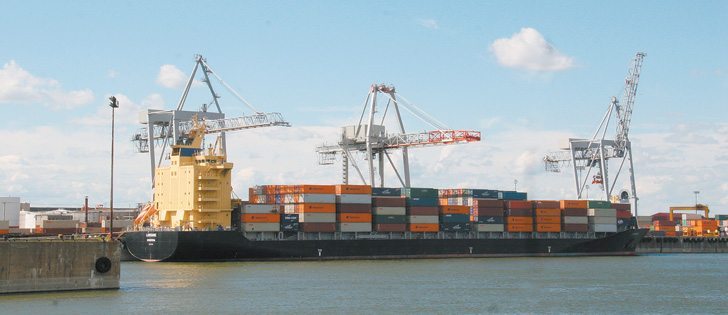Since provincial Societies for the Prevention of Cruelty to Animals are, by mandate, enforcing animal protection acts in their jurisdictions, it should be incumbent upon provincial governments to adequately fund their activities.
Some SPCAs have come under fire lately for functioning as both charities and animal welfare enforcement agencies, but this is not entirely the fault of the organizations. It is largely the fault of the provincial governments, their reliance on SPCAs and their animal welfare funding models.
While there are some federal provisions covering the welfare of animals, particularly cruelty laws under the Criminal Code, most provinces regulate animal welfare under their own acts.
Read Also

Budget seen as fairly solid, but worrying cracks appear
The reaction from the agriculture industry to prime minister Mark Carney’s first budget handed down November 4th has been largely positive.
For example, in Saskatchewan, the provincial SPCA receives $538,000 from the province through the agriculture ministry, specifically for complaint-driven investigations into livestock and rural animal neglect. That pays for only three investigators — not nearly enough — along with the myriad costs involved in animal protection.
Animals seized by the SPCA, for instance, must be transported, fed and sheltered. Sometimes, the animals are housed for extended periods of time, particularly if court action ensues. Costs can rise as high as $75,000 in some cases: only one such incident would make up 14 percent of the present budget.
The Saskatchewan situation still beats Ontario, where the SPCA has similar duties but must raise funds for most of its services — including investigations. This scenario has caused an uproar, with some farmers accusing the organization of generating headlines on cruelty cases to generate funding. The Ontario government must get a better handle on animal neglect enforcement.
Manitoba takes a different approach, hiring veterinarians to handle investigations. In Alberta, the situation is much like Saskatchewan’s, with the government funding the SPCA for livestock protection.
SPCA funding is an important issue and it will become more so as public concern over animal welfare rises. The vast majority of producers diligently care for their livestock, but the occasional welfare problem must be properly investigated, whether that means assisting the producer with solving problems or, in extreme and rare cases, rescuing livestock.
Animal protection legislations form the basis for such investigations and guide SPCAs. The acts provide regulations on distress — deprivation of food, water, care and shelter — but also lay out codes of practice for raising livestock. For instance, in Saskatchewan, docking lambs’ tails or branding cattle are approved practices.
The SPCA’s intervention should help clarify to the public what is and what is not a serious concern. For instance, what an unaware member of the public might see as a skinny dairy cow is usually a healthy cow, which a trained investigator will know.
With the SPCA’s help, the very few bad apples should be plucked from the barrel before they become public problems, thereby maintaining the correct image of western producers as excellent stewards of livestock herds.
However, more funding is needed to operate the investigation side of the SPCAs.
While fund-raising is necessary for education and prevention purposes, SPCAs shouldn’t directly benefit from the sale of animals, as has been proposed by some, since it would be an obvious conflict of interest. In Saskatchewan, if animals are seized and sold, the proceeds of the sale cover costs but the remainder goes back to the owner.
In addition, adequate funding must be provided to avoid the conflict of interest of having investigations paid for by donors. As in any other political or legal domain, there are always questions about donors affecting the policy of an organization. SPCAs must remain above that potential reproach.














